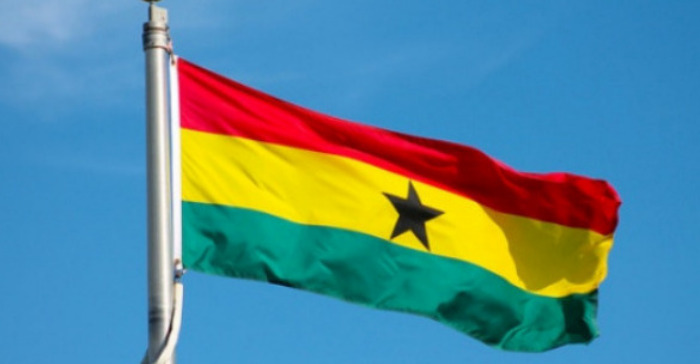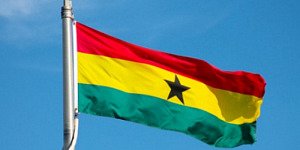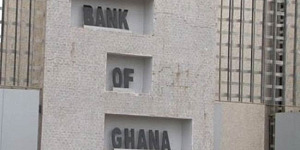The IMF has approved an immediate disbursement of $367 million to Ghana, bringing the total financial support provided to the country since May 2023 to nearly $2.3 billion.
Despite growth, exceeding expectations in 2024 and Q1 2025, due to strong performance in mining, agriculture, ICT and construction sectors, the IMF notes a decline in the implementation of economic reforms.
In May 2023, Ghana initiated an economic reform program overseen by the International Monetary Fund (IMF). The program, still effective, aims to restore macroeconomic stability and debt sustainability. However, despite growth exceeding forecasts in 2024, the Fund observes a deterioration in the implementation of economic reforms.
On Monday, 7th July 2025, the International Monetary Fund (IMF) concluded the fourth review of the programme supported by the Extended Credit Facility (ECF) for Ghana. This decision paves the way for an immediate disbursement of $367 million, bringing the total financial support provided to Accra to nearly $2.3 billion since May 2023.
Growth in 2024 and the first quarter of 2025 exceeded forecasts, driven by strong performance in the mining, agricultural, ICT and construction sectors. However, the IMF notes a decline in the implementation of economic reforms.
Preliminary budget data indicate overspending in the run-up to the general elections in 2024 due to significant debt accumulation. Inflation has exceeded programme targets, although recent data point to a swift disinflation. Various reforms and policy measures have been delayed in the budgetary, financial and energy sectors, as stated by the financial institution.
The new authorities have taken robust corrective measures to curb the budgetary impact of overspending in 2024 and put the budgetary programme back on track. These efforts aim to achieve a primary budget surplus of 1.5% of GDP in 2025.
Combined with ongoing reforms and an improved external position, these metrics should allow Ghana to meet its goals which include economic stabilisation, more resilience, as well as stronger, and more inclusive growth, according to the Fund.
In 2023, the Bretton Woods institution and Ghana concluded a 36-month agreement under the ECF, totaling $3 billion. The deal was aimed at helping restore Ghana’s macroeconomic stability and debt sustainability. It included wide-ranging reforms to strengthen resilience and lay the foundations for stronger, more inclusive growth.
This ambition should be supported by several structural reforms in the fields of fiscal policy, revenue administration and public finance management, as well as measures to address weaknesses in the energy and cocoa sectors.
According to the IMF, in the medium term, Ghana's growth prospects remain positive, with a GDP set to expand by 2.8% this year, and 4.7% the next.





































